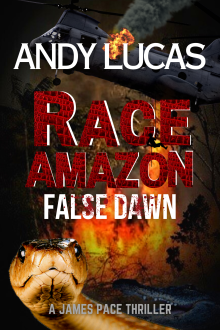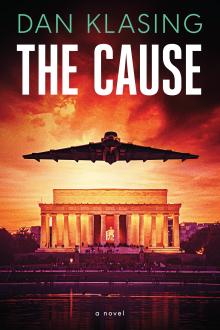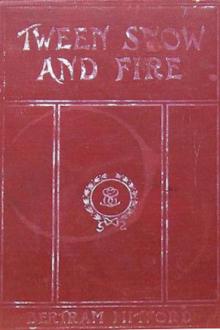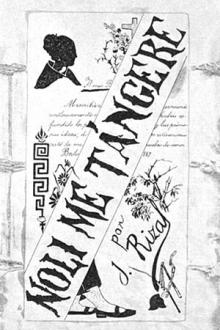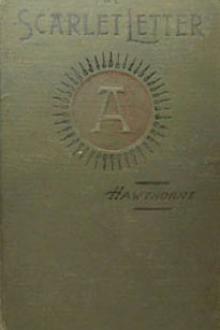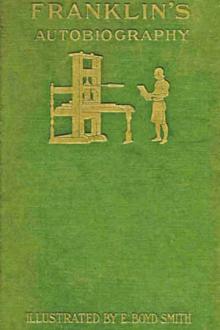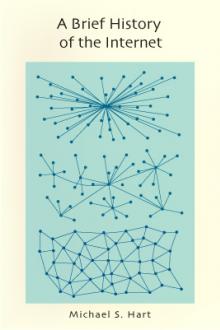The Audacious War
The Audacious War
Book Excerpt
ly sunk.
Expert opinion is divided in authoritative circles in England as to the cause of the disaster; but more than 400 mines have been swept up along the Irish and Scotch coasts by the English mine sweepers.
While upon this subject, I ought to narrate that the study of this topic has convinced me that the Germans have a long task if they hope within a reasonable number of months to reduce by submarine torpedo practice the efficiency of the English navy to a basis that will warrant German warships coming forth to battle.
Every battleship is protected by four destroyers. Submarines, when detected, are the most easily destroyed craft. They have no protection against even a well-directed rifle bullet. Their whole protection is that of invisibility. Their plan of operation is to reach a position during the night, whence in the early morning they can single out an unprotected warship or cruiser not in motion, and launch against her side a well-directed torpedo, before being discovered.
FREE EBOOKS AND DEALS
(view all)Popular books in History, War
Readers reviews
5.0
LoginSign up
"If treaties are scraps of paper and neutral states are to have no rights or protection, there is no safety in the world, no sacredness of contracts; the world is at an end and chaos reigns."
The Audacious War by Clarence W. Barron is a fascinating and useful book written during the middle of War World I - before the USA's entry - when the echoes of howitzers were still thundering over the French countryside. I say useful because Barron is thorough in his examination, visiting the countries and looking behind the scenes - in the cities, governments, and banks. He investigates the reasons for the war, and the bad assumption made by all sides before it started... Germany assumed America might join their side, France had 400 miles of fortification that were immediately abandoned, proving useless against gasoline-powered mobility. Barron highlights the bad blood between Germany and France that existed since the Franco-Prussian War of 1870 and gives detailed accounts of the cost of war in treasury and men.
Written in a sort of half travel essay-half analysis style, the author knows the truth sits inside the people he meets and not the cratered roads and broken facades, so he listens to people and paints a revealing picture of European life during World War I, noting that at the time, Parisians refused to darken the streets - unable to ruin the atmosphere of the city. In one very observant passage, he notes how the Americans sort of liked the European war as it seems to increase productivity and lift their stock market.
Barron is English, but loves Germany, obviously having had many connections with the country in the past. He starts off remarkably neutral, but emphatically declares his change of mind, siding with the Allies after seeing what the Germans did to Belgium, shelling villages and peasants. You can feel the change in the author's tone along with the culture. Before World War I, wars were fought with a great deal of "honor" and "civility". The English were sports at war, he writes. The Germans were once a admirably efficient people who loved their firesides and home. But, infected with the philosophy of Nietzsche, Germany found meaning in "The Will to Power." Barron clearly means to use the word Audacious for its negative definition. The Great War and its poison gas and building-destroying shells ended the old style of war and man rediscovered a viciousness on a massive scale never seen before.
The Audacious War by Clarence W. Barron is a fascinating and useful book written during the middle of War World I - before the USA's entry - when the echoes of howitzers were still thundering over the French countryside. I say useful because Barron is thorough in his examination, visiting the countries and looking behind the scenes - in the cities, governments, and banks. He investigates the reasons for the war, and the bad assumption made by all sides before it started... Germany assumed America might join their side, France had 400 miles of fortification that were immediately abandoned, proving useless against gasoline-powered mobility. Barron highlights the bad blood between Germany and France that existed since the Franco-Prussian War of 1870 and gives detailed accounts of the cost of war in treasury and men.
Written in a sort of half travel essay-half analysis style, the author knows the truth sits inside the people he meets and not the cratered roads and broken facades, so he listens to people and paints a revealing picture of European life during World War I, noting that at the time, Parisians refused to darken the streets - unable to ruin the atmosphere of the city. In one very observant passage, he notes how the Americans sort of liked the European war as it seems to increase productivity and lift their stock market.
Barron is English, but loves Germany, obviously having had many connections with the country in the past. He starts off remarkably neutral, but emphatically declares his change of mind, siding with the Allies after seeing what the Germans did to Belgium, shelling villages and peasants. You can feel the change in the author's tone along with the culture. Before World War I, wars were fought with a great deal of "honor" and "civility". The English were sports at war, he writes. The Germans were once a admirably efficient people who loved their firesides and home. But, infected with the philosophy of Nietzsche, Germany found meaning in "The Will to Power." Barron clearly means to use the word Audacious for its negative definition. The Great War and its poison gas and building-destroying shells ended the old style of war and man rediscovered a viciousness on a massive scale never seen before.
- Upvote (0)
- Downvote (0)
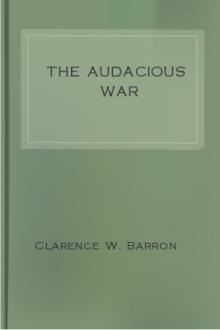
 Free Download
Free Download
